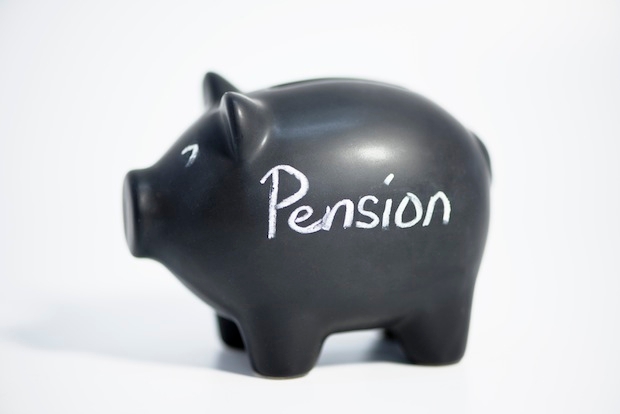Pensions advice allowance. It’s not the sexiest of phrases but, if all goes to the Government’s plan, this new proposal could help millions of pensioners.
So, what’s it all about? Well, it goes back to George Osborne’s final Budget earlier this year. At the time, he said that the existing tax exemption for employer arranged advice would increase from £150 to £500.
Yesterday the Treasury published a consultation document setting out plans for something else: a new pensions advice allowance. Under the proposals, consumers aged under 55 would be able to take £500 tax-free from their defined contribution pension to redeem against the cost of advice.
According to Money Marketing magazine, the two measures together, which will come into effect from April, would give savers access to up to £1,000 of tax advantaged advice.
And, in a further boon to pensioners, the Treasury is considering the use of the pension advice allowance more than once at different stages, such as retirement planning and long-term care costs.
It’s all part of a Government effort to plug the advice gap following the introduction of so-called pension freedoms. Earlier this year, the Treasury and the Financial Conduct Authority’s joint Financial Advice Market Review found that there is an ‘advice gap’ for retirement advice for people without ‘significant wealth’.
Still with me? Pension freedoms were announced in the 2014 Budget and came into force for the 2015/16 tax year. It was a radical change to the pensions system and allowed anyone aged 55 and over to take their whole amount as a lump sum, paying no tax on the first 25 per cent, and the rest taxed as if it were a salary at their income tax rate.
Needless to say, there were – and are – fears that pensioners would squander the cash on flash cars and expensive holidays, leaving them in penury later in life. Hence the calls for help with pensions advice for those approaching retirement.
So far, so incredibly complicated. But there’s a further twist. The new £500 fee would be for regulated advice only. The magazine Financial Adviser reports that this means the advice may not be available to all as a number of pension providers do not offer this type of charging for a variety of products.
Let me clarify. At present, providers can withdraw money from a client’s investment product to pay a financial adviser for advice relating to a specific pension scheme or investment. In the industry, this is known as ‘adviser charging’. The Government wants this to be applied to advice on all pension products a person holds – the new ‘pensions advice allowance’.
But the Treasury’s own consultation document (the one published yesterday) admits that ‘it is the government’s understanding that if a consumer does not hold any pension products that offer adviser charging, the allowance may not be available to them’.
OK, now my head hurts. What is the point in introducing a pensions advice allowance if not everyone has access to it? And let’s face it, it’s likely to be the people who most need the extra help who are denied it.
In addition, who’s to say that £500 will be enough to pay for a comprehensive look at someone’s entire pension arrangement? Then there’s the issue of fraud and improper use. Consider what AJ Bell senior analyst Tom Selby has to say. ‘One of the biggest challenges with the new proposals is how to monitor activity and prevent fraud. There is a significant risk, acknowledged by the Treasury, that allowing people to use the tax-free allowance unlimited times would incentivise fraudsters to imitate regulated advisers in order to get their hands on savers’ hard-earned pension pots.‘The Government therefore needs to think carefully about the risks associated with allowing multiple uses of the £500 advice allowance and how this will be monitored if someone has multiple pension schemes with different providers.’
If you can make sense of all this, you’ve got until October 26 to respond to the Treasury’s consultation. In the meantime, I’m going for a lie down. Helen Nugent is Online Money Editor of The Spectator





Comments